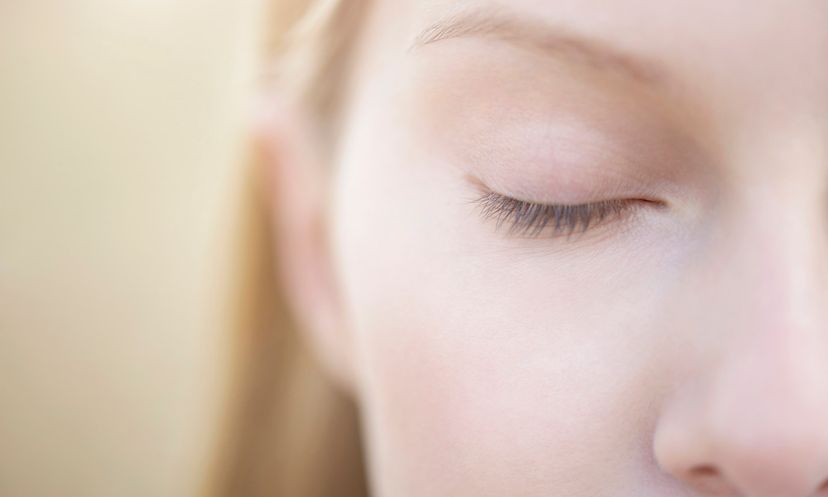
About This Quiz
If you've ever walked into a new friend's home and felt that you'd been there before, then you've experienced déjà vu. If you've ever walked into a new friend's home and felt that you'd been there before, then you've experienced déjà vu. If you've ever ... OK, that's enough. Is it reincarnation? Is something wrong with the brain? What's behind this eerie feeling?True déjà vu typically lasts from 10 to 30 seconds, while false memories or hallucinations, sometimes confused with déjà vu, can last much longer.
Déjà vu is often confused with precognitive experiences, or the feeling someone has when he or she knows what's going to happen before it happens. An important distinction is that déjà vu is experienced during an event, not before.
The medial temporal lobe, which includes the parahippocampal gyrus, the rhinal cortex and the amygdala, controls memory functions.
Advertisement
There are high occurrences of déjà vu among people with temporal lobe epilepsy; just before having a seizure, these people often experience strong feelings of déjà vu.
Researchers agree that déjà vu experiences decrease with age. There have also been higher reported occurrences among those with higher incomes, those who travel more and those with higher education levels.
The cell phone theory proposes that when we're distracted by something else, we subliminally take in what's around us without registering it consciously. Cell phones divide our attention in the same way.
Advertisement
Psychologist Alan Brown's three causes for déjà vu include biological dysfunction (caused by a condition such as epilepsy), implicit familiarity (we have associate similar previous experiences with the one at hand) and divided perception (we take in what's around us but don't register it until later).
Sigmund Freud's theory of paramnesia held that déjà vu was the result of repressed desires or memories that could no longer be accessed as regular memories.
Robert Efron found that the temporal lobe received incoming information twice, with a very slight delay between transmissions. If the second transmission is delayed longer than a few milliseconds, the brain might put the wrong time stamp on the information.
Advertisement